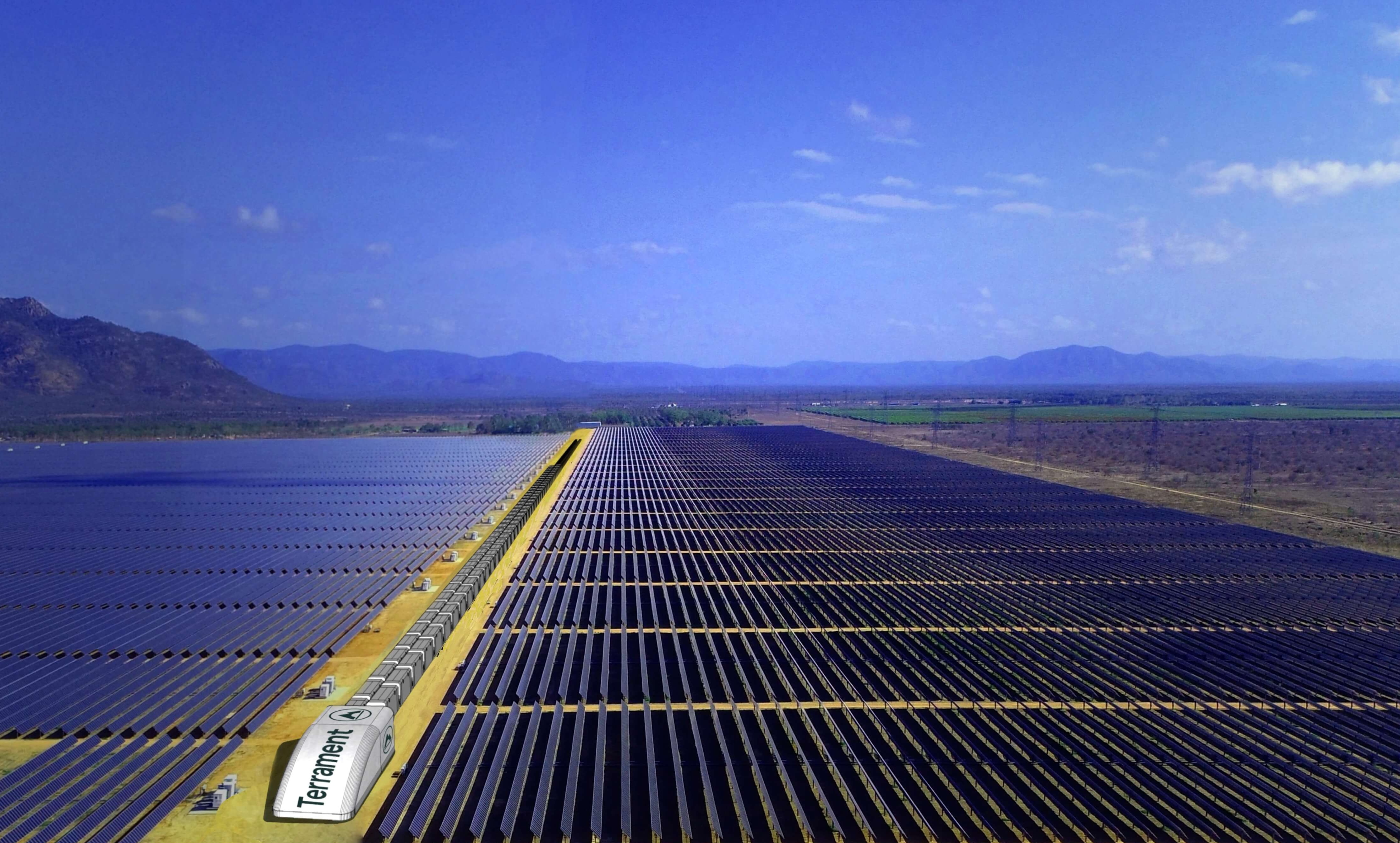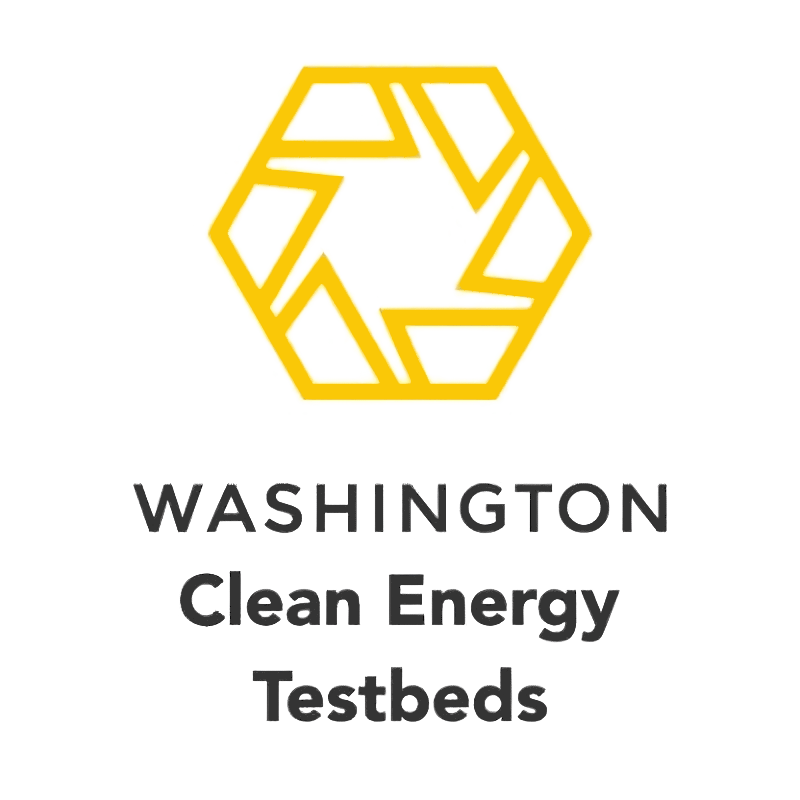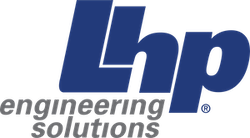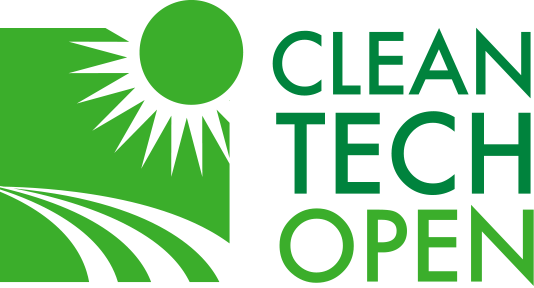
Terrament Gravity Storage
Terrament is a New York based clean-tech startup building a patented long-duration energy storage solution that reimagines gravity storage.
Our technology maximizes height and weight to achieve 20x more energy density than other gravity-based energy storage solutions.
- More Height: 20x duration from a mile of height using proven drilling tech.
- More Weight: 10x power from our cable-free, shaft wall mounted rail design.
Terrament's gravity storage solution is low-risk: we don't depend on critical minerals, and we don't use any chemical batteries.
Our innovative system uses only well-established technologies: we leverage the same motor/generators used in wind turbines, and we use the same deep mine shafts which have been built by mining companies for over 50 years.
Terrament Pitch Deck
The Energy Storage Problem
Artificial intelligence is driving explosive growth in data centers, with AI servers using up to 10 times the power of standard servers. If data centers were a country, they're projected to be the fourth largest electricity user by 2035. The biggest cloud service providers want to run entirely off green energy, especially useful in off-grid systems, which are favored due to long interconnection queue timelines. However, wind and solar are intermittent resources; the wind doesn't always blow, and the sun doesn't always shine.
Today, 90% of the world's energy storage is pumped hydro, which is a nearly tapped out resource. And lithium-ion batteries are too expensive at long durations.
Terrament replicates pumped hydro's capabilities, but without the large footprint, water usage, or need for hills.
Grant-Funded Research Validation
Terrament is based out of Newlab in Brooklyn, NY. We have been awarded two U.S. Patents, with further patents pending. We are grateful to receive pro bono legal support from Foley Hoag LLP
 We recently won U.S. federal grant funding to support outside research validation of our breakthrough technology. We won two EnergyWERX awards from the DOE valued at around $300,000.
We recently won U.S. federal grant funding to support outside research validation of our breakthrough technology. We won two EnergyWERX awards from the DOE valued at around $300,000. Our research partner University of Washington, Washington Clean Energy Testbeds developed and validated our techno-economic model to conclude that Terrament's lifetime cost (levelized cost, or LCOS) is under 10¢/kWh for a 1GWh facility, and approaches 5¢/kWh at larger scales. This is cheaper than any competitors in our target market.
Our research partner University of Washington, Washington Clean Energy Testbeds developed and validated our techno-economic model to conclude that Terrament's lifetime cost (levelized cost, or LCOS) is under 10¢/kWh for a 1GWh facility, and approaches 5¢/kWh at larger scales. This is cheaper than any competitors in our target market. Our research partner LHP Engineering conducted extensive mechanical/electrical modeling and physics simulations to conclude that Terrament's round trip efficiency (RTE) is over 80%. This is as good or better than any competitors in our target market.
Our research partner LHP Engineering conducted extensive mechanical/electrical modeling and physics simulations to conclude that Terrament's round trip efficiency (RTE) is over 80%. This is as good or better than any competitors in our target market.
Accelerators and Partners
We are grateful to have been accepted into the following programs:
- CEBIP accelerator program at Stony Brook University (since 2021).
- Founder Fellowship cohort at Newlab (in 2023, still active).
- Plug and Play Program (Japan - Energy focus, in 2024).
- Cleantech Open Program (Northeast, in 2024).
Please reach out to us about investment opportunities. Email Us



